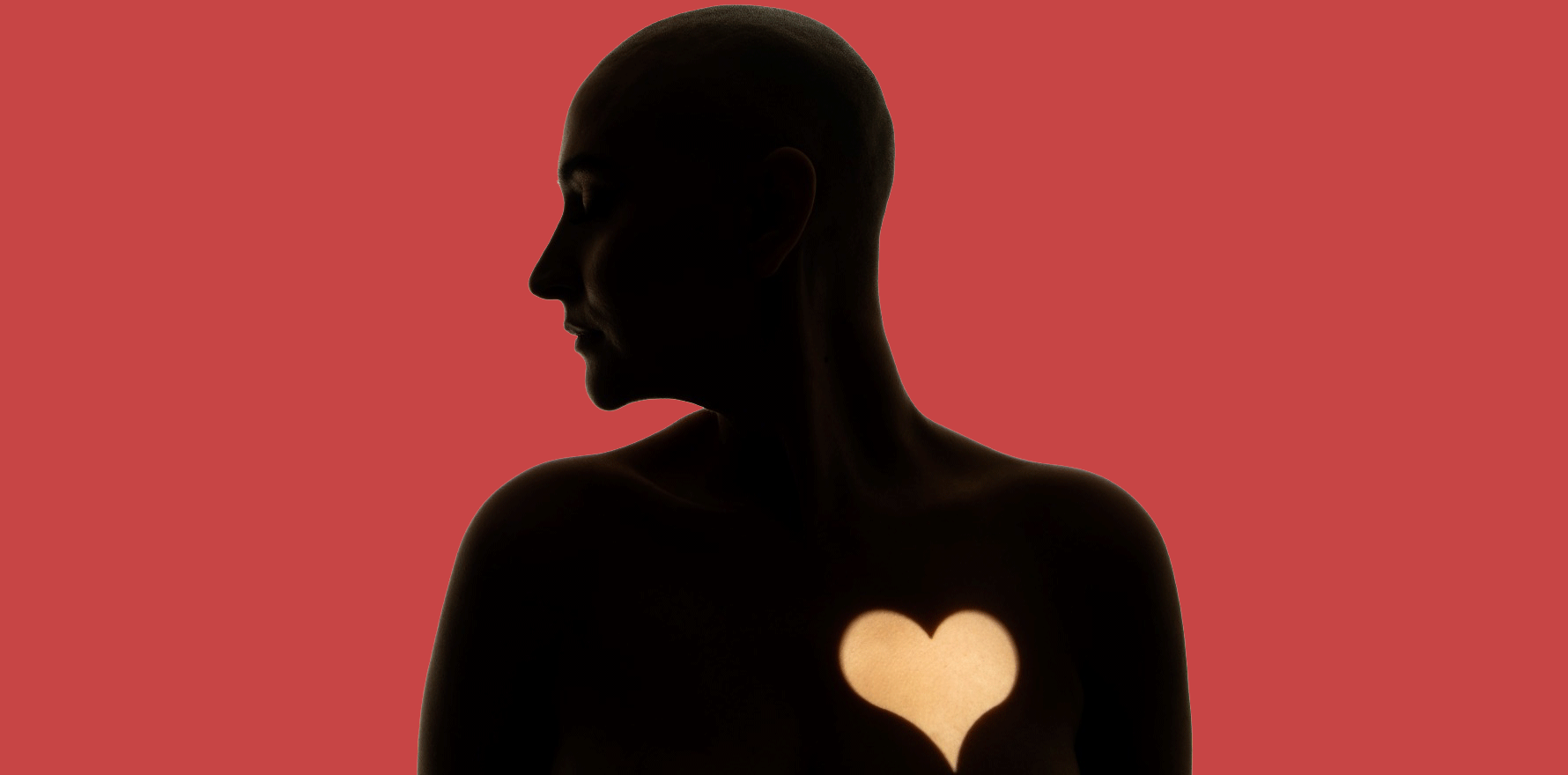GPs are best placed to treat the psychosocial effects of what can now often be a chronic disease.
Improvements in the early detection and treatment of cancer mean a growing number of people are living on long after diagnosis and treatment.
In the past patients and doctors have understandably focused their attention on whether their cancer has been cured, but we now recognise that, for many people, cancer should be viewed more as a long-term condition.
However, our current models of cancer care – designed with a focus on the detection of possible cancer recurrence – aren’t well designed to support the wide range of problems that two-thirds of survivors of cancer experience once their treatment has ended.
These include pain, fatigue, worry about the cancer recurring, and a wide range of physical side-effects related to the specifics of their treatment.
So how can our existing healthcare systems adapt to provide more ongoing support to people who have been treated for cancer?
We have recently led a series of papers in The Lancet discussing cancer survivorship that highlight the need for primary care clinicians to be more involved in the care of cancer survivors.
Our series aims to raise awareness among health service managers and policymakers as to how healthcare systems should adapt to create integrated models of survivorship care. New models of multidisciplinary care should be implemented to provide better holistic care for the increasing number of patients living with cancer and its consequences.
Meg Rynderman OAM is a consumer representative with the Australian Cancer Survivorship Centre – which is based at Peter MacCallum Cancer Centre – and co-author on our papers.
She says that “for everyone around you it’s as if the rest of your life fades into the background, all its elements dwarfed by this massive ‘thing’ happening to you.
“From my own experience, and anecdotally from conversations with other cancer patients and survivors, I am conscious of the giant capital C that is seared into one’s forehead as soon as the words ‘I’m afraid you have cancer’ are uttered.
“From that moment you are no longer Meg or Steve or Joan. You become generic – you become ‘the cancer patient’,” Ms Rynderman says.
“Sometimes it’s easy to forget that we are whole human beings with lives, families, jobs, interests and problems that we live with concurrently with our cancer diagnosis,” she says.
“We each live very much in the moment, with an accompanying whisper in the back of our minds before annual checkups or the investigation of a new symptom. This ‘new normal’ has implications in all aspects of our lives – the way we look, the way our bodies function (or don’t) and the changes both physical and psychological.
“The way our memory can be triggered by a sound, a smell, a scene in a movie or a play. We are conscious of the concern of our family and friends – their fear around the ‘what ifs’.”
To address issues that patients face after treatment, we recommend that a good consultation between any clinician and a cancer survivor should cover these key areas:
- a physical examination and consideration of tests needed to look for any recurrence of cancer or for specific long-term side-effects of treatment
- asking about common problems like pain, fatigue, sleep problems, sex and intimacy, worry about cancer recurring and the effects of cancer on the ability to work or on finances
- discussing lifestyle factors to reduce the chances of cancer recurring or of developing a second cancer, like smoking, physical activity and alcohol
- ensuring the person is up to date with other recommended cancer screening tests
- consideration of other medical conditions the person has that might be affected by cancer or its treatment
Sometimes a brief questionnaire can be used to identify psychosocial distress and help identify particular problems that the cancer survivor wants to discuss at that consultation, for example, the United States National Comprehensive Cancer Network Distress Thermometer.
Traditionally, most follow-up care of cancer survivors has been delivered by cancer specialists, but survivors report that many of these consultations lack sufficient focus on current symptoms, psychosocial issues and strategies to remain well.
There is good evidence that other models of care are at least as effective as hospital specialist-led care, like GP-led or cancer nurse-led care, or care shared between a GP and cancer specialist. Many patients prefer these alternative models of care once they have experienced them.
In Australia shared care models are recommended in various state and national policies and are gradually being adopted.
Survivors of cancer should receive follow-up care by a range of clinicians – their oncologist, their GP, and other health professionals – according to their specific needs. These other clinicians can include cancer and primary healthcare nurses, psychologists, physiotherapists or exercise physiologists.
“Survivors’ voices need to champion these measures, agitating too for the creation of seamless communication between the cancer hospitals and GPs. This will ensure that all survivors feel their progress is being monitored and managed efficiently, with concern and empathy,” says Ms Rynderman.
The experience of having cancer and the consequences of its treatment vary enormously between people. We need to implement models of care that make the most of our multidisciplinary healthcare system so that survivors of cancer have their individual needs met and their quality of life maintained as best as possible.
Professor Jon Emery, University of Melbourne, and Professor Michael Jefford, Peter MacCallum Cancer Centre and University of Melbourne.
This article was first published on Pursuit. Read the original article.


